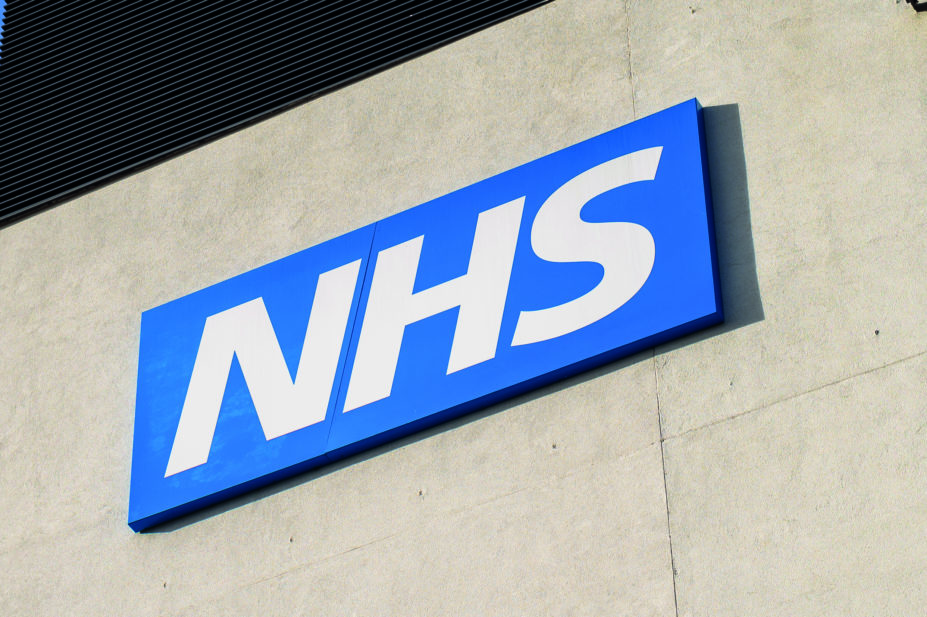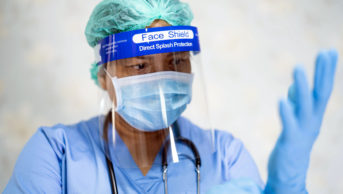
Shutterstock.com
Standards for apps and wearable technologies, agreed by bodies such as NHS England and the Department of Health and Social Care, should be aligned to maximise their health improvement potential, delegates at the National Institute for Health and Care Excellence (NICE) annual conference were told on 26 June 2018.
Speaking at a workshop at the conference in Manchester, Harriet Unsworth, senior technical analyst at NICE, said: “We need to establish just how much evidence is needed to decide what digital healthcare is effective and what is most important, for example the accessibility of an app or its costs and potential resource impact.”
Unsworth told delegates that although NICE had been evaluating technologies since 2006, this element of its work was often overlooked because of its better known work on drugs.
She added that the organisation’s advice on medical products, which summarises the evidence base for a product without being formal NICE guidance, was well suited to evaluating products in the fast-moving technology sector.
Diarmaid Crean, deputy director (digital) at Public Health England, also told delegates that technology could be harnessed to target people suffering from low mood, anxiety, sleeplessness and stress by mapping their use of social media and search engines.
The targeting technology identifies people who might be affected by one of the psychological conditions but is not seeking help for them. It then advertises apps for self-management and health improvement to them. The technology is currently being piloted in London, Crean said.


